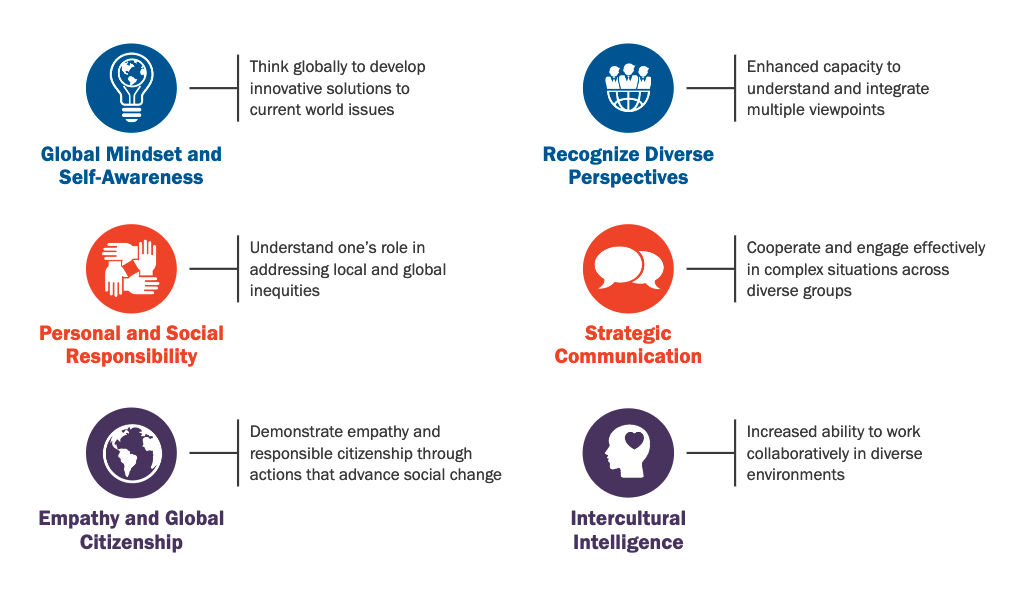Program Learning Outcomes and Curriculum
Your program curriculum is designed to ensure graduates acquire the essential skills, knowledge, and attitudes appropriate and relevant to both the needs of students and employers.
Program Vocational Learning Outcomes
Program vocational learning outcomes describe what graduates of the program have demonstrated they can do with the knowledge and skills they have achieved during their studies. The outcomes are closely tied to the needs of the workplace. Through assessment (e.g., assignments and tests), students verify their ability to reliably perform these outcomes before graduating.
As a graduate of this program, you will reliably demonstrate the ability to:
- Conceptualize and develop design solutions using principles of design to create visual communications that meet the needs of the project.
- Employ the design process to create design solutions that meet the project objectives and the needs of the client and/or user.
- Plan, create and use photography, illustration and typography in design layouts to meet the requirements of the creative brief.
- Design, develop and create a variety of media products using relevant, current and/or emerging technologies.
- Communicate ideas, design concepts and opinions clearly and persuasively to others.
- Use recognized industry practices throughout the design process and related business tasks.
- Plan, implement, and evaluate graphic design projects using project management skills to deliver quality work to clients according to schedule and within budget.
- Complete all work in a professional and ethical manner, and in accordance with all applicable legislation and regulations.
- Keep current with visual media design trends, technologies and industry practices using strategies that enhance work performance and guide professional development.
Essential Employability Skills Outcomes
Essential Employable Skills (EES) are skills that, regardless of a student’s program or discipline, are critical for success in the workplace, in day-to-day living, and for lifelong learning. There are six EES outcomes addressed in this program:
Global Citizenship and Equity Learning Outcomes
There are six Global Citizenship and Equity (GCE) learning outcomes integrated into Diploma and Advanced Diploma programs as a component of Centennial’s Signature Learning Experience (SLE). The SLE reflects the College’s promise to provide students with a distinctive and inclusive educational experience that builds on a foundation of global citizenship, equity, and social justice. Certificate and Graduate Certificates also include at least two GCE learning outcomes. The GCE learning outcomes are:
- Identify one’s role and responsibilities as a global citizen in personal and professional life.
- Identify beliefs, values and behaviours that form individual and community identities and the basis for respectful relationships.
- Analyze issues of equity at the personal, professional, and global level.
- Analyze the use of the world’s resources to achieve sustainability and equitable distribution at the personal, professional, and global level.
- Identify and challenge unjust practices in local and global systems.
- Support personal and social responsibility initiatives at the local, national, and global level.
Global Skills Portfolio
As a component of the SLE, Diploma and Advanced Diploma program students will complete the Global Skills Portfolio. Building the Portfolio is a process of documenting your GCE learning. Each item selected for inclusion in the portfolio demonstrates growth and understanding of Global Citizenship and Equity within your program of study.

Students are encouraged to develop their Global Skills Portfolio beginning in their first semester. You will add artifacts from coursework and accompanying reflections as well as artifacts arising from co-curricular activities, volunteering, etc. to your portfolio as you progress through the program. You are encouraged to develop an online professional portfolio presence through LinkedIn and/or other personal websites/blogs.

